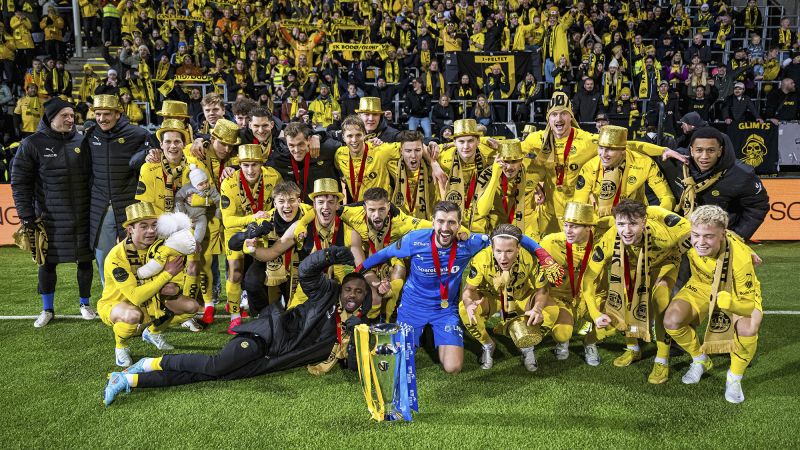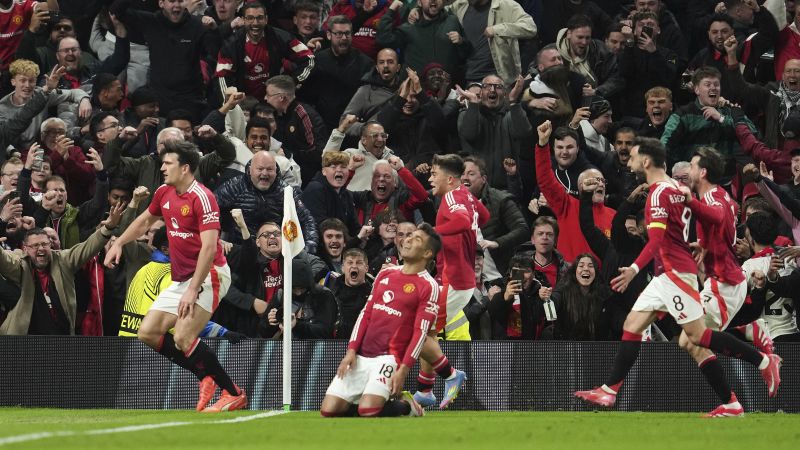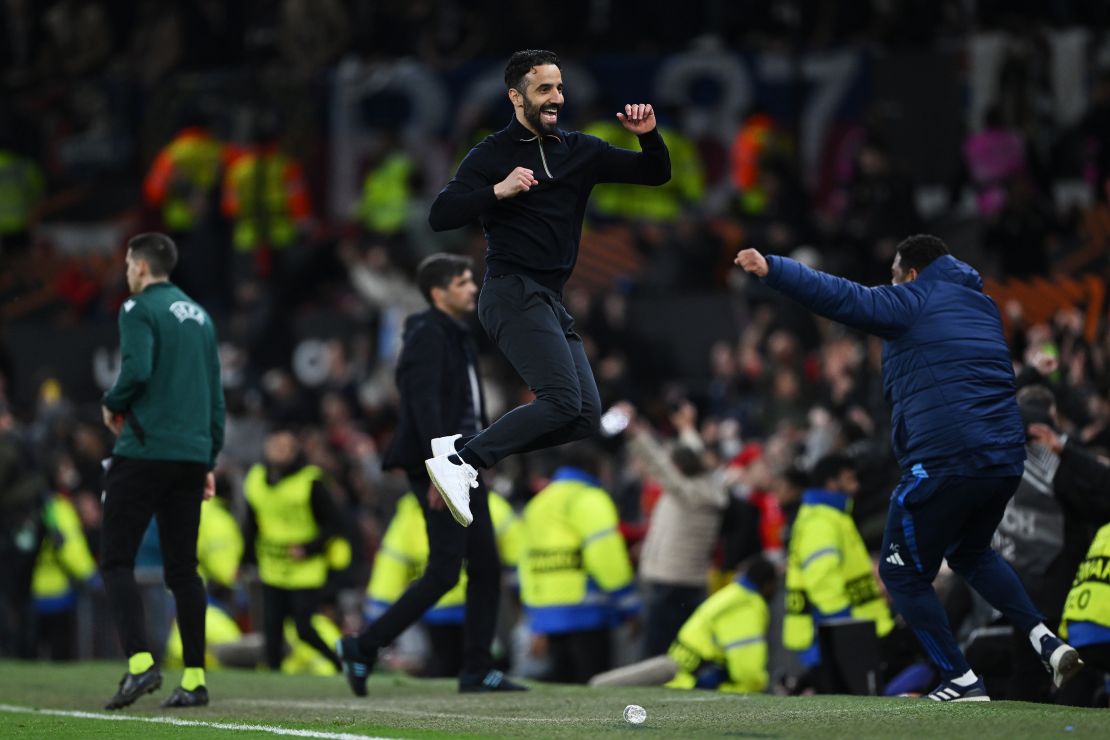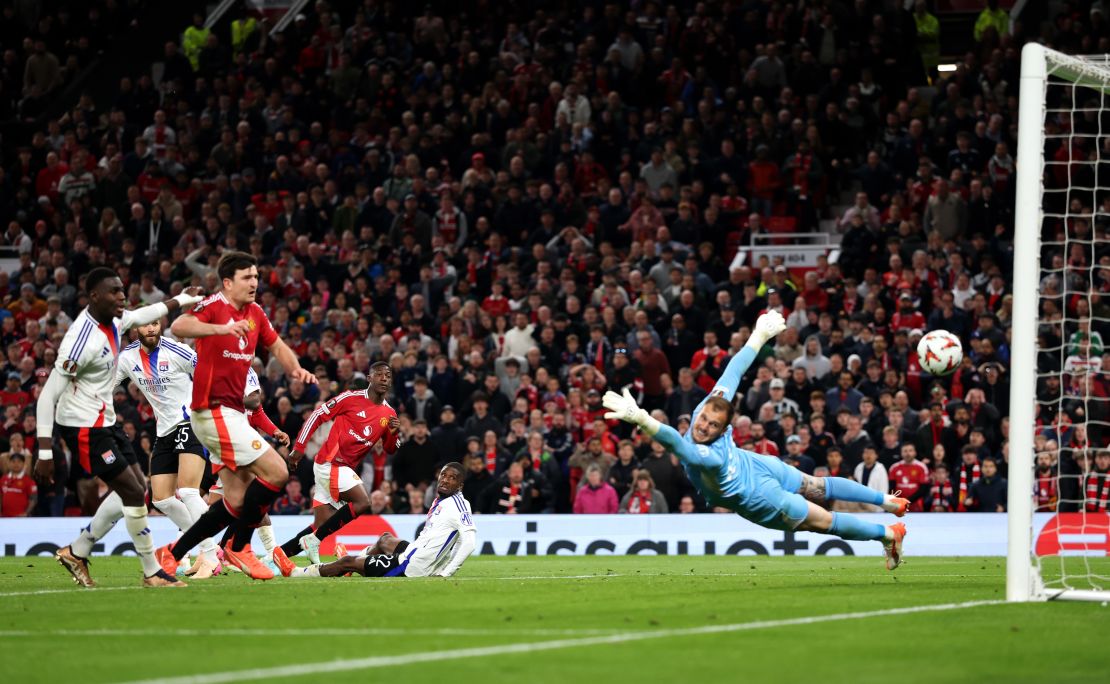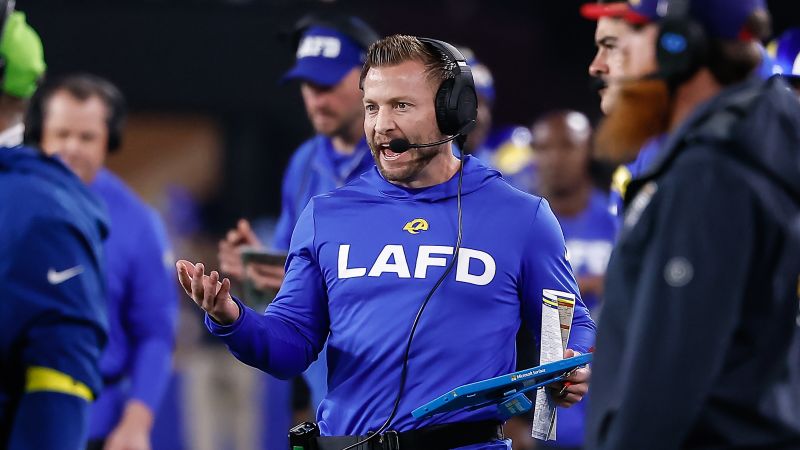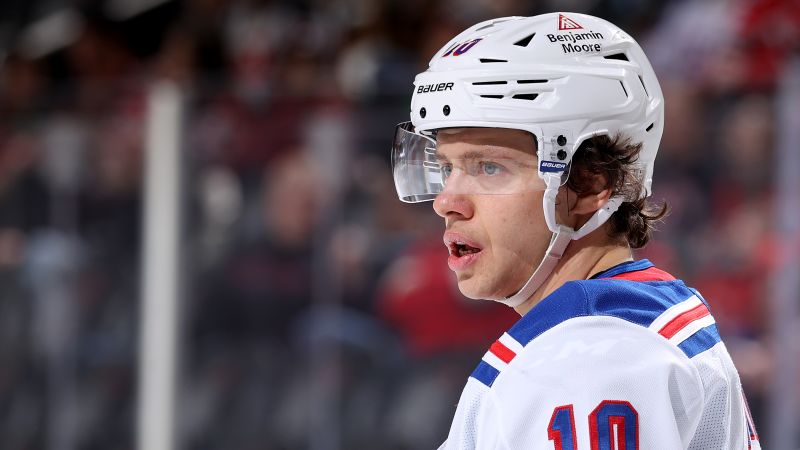CNN
—
In the small Norwegian town of Bodø, located just inside the Arctic circle, the days can be short and the winters bitterly cold. It’s hardly the type of place you’d expect to find an elite soccer team, especially when shovels are sometimes needed to clear fresh layers of snowfall from the local pitches.
A certain kind of fortitude and tenacity is needed to withstand the howling winds and freezing temperatures which batter the town for many months of the year, but Bodø/Glimt is no ordinary team and its proud army of supporters is no ordinary fanbase.
Having recently won a fourth Norwegian league title in five years, Bodø/Glimt is these days used to rubbing shoulders with Europe’s soccer elite. The club is currently in the quarterfinals of the Europa League and faces Italian side Lazio in the first leg of the tie on Thursday.
“We’ll come in as underdogs, for sure … It’s the best role to have in football,” veteran midfielder Ulrik Saltnes told CNN Sports.
It’s perhaps fortunate for Lazio that the match in Bodø is taking place in April; in the winter months, teams visiting the Arctic Circle can be faced with unique and unforgiving conditions.
“For us, we train in it a lot, so we’re kind of used to it compared to maybe those who come from warmer places in January,” midfielder Håkon Evjen told CNN earlier this year.
“(Teams) come to, like, -10 degrees (Celsius, 14 degrees Farenheit) and hard grass and everything and it’s a different experience for them than it is for us. I think that also makes us tougher when it comes to games and what kind of weather there is. We’re used to having to adapt to everything in a different way, but that’s how it is up here.”
Evjen, currently in his second stint at the club, can count among his recent career highlights a wonderful, edge-of-the-area strike into the top corner to equalize against Manchester United at Old Trafford in November.
Even more remarkable than that goal was the fact that Bodø/Glimt was cheered on by more than 6,500 fans at the game, around 12% of Bodø’s 55,000 inhabitants. If ever there was a sign of how one town had become so devoted to its soccer club, then this was it.
“We have so much support and the entire town is now almost a football town,” said Evjen. “It’s beautiful to see how football can change the city and how people look at it. To play here now, it’s so much bigger than how it was a few years ago.”
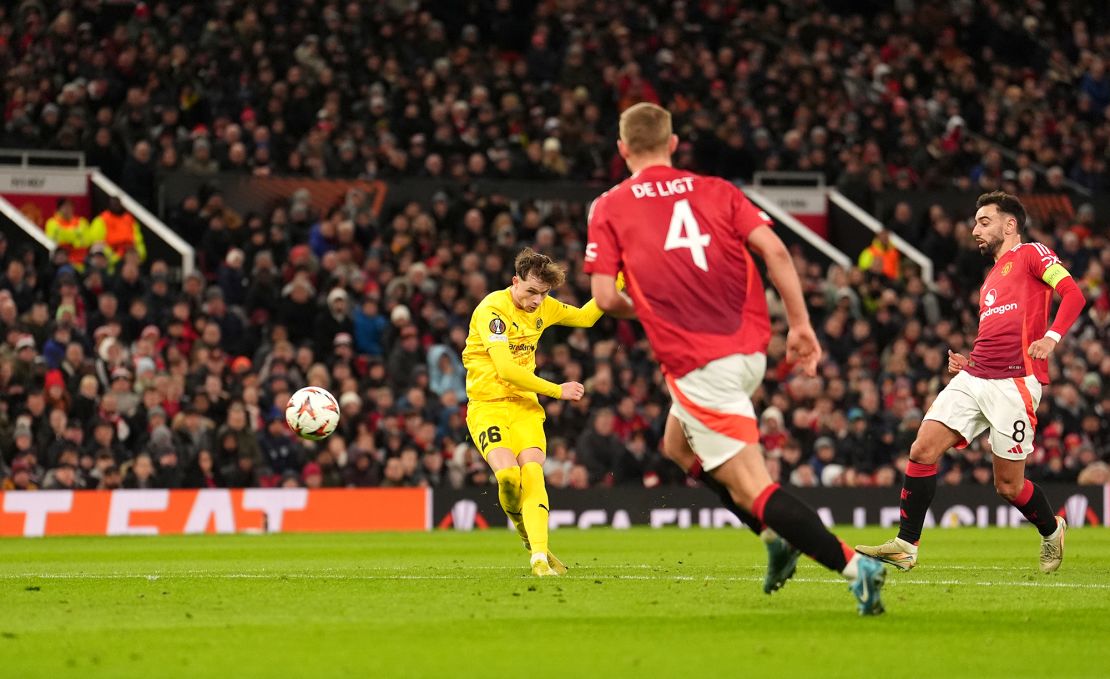
Bodø/Glimt – “glimt” means “flash” and the team accordingly plays in all yellow – used to bounce between the top four divisions of Norwegian football. Success is only a recent phenomenon in the club’s 108-year history.
Under manager Kjetil Knutsen, the team has reaped the rewards of disciplined training sessions, a new, high-pressing style of play, and a clever recruitment strategy, blossoming into Norway’s most decorated side across the past five years.
Saltnes, who arrived at Bodø/Glimt more than a decade ago, said that the club now feels “worlds apart” compared to where it was when he joined. “I will almost rank it as semi-professional when I came through, whereas now it’s a top, top professional level,” he added.
When Bodø/Glimt won its first-ever league title in 2020, it did so in historic fashion, finishing a huge 19 points ahead of runner-up Molde FK and ending the campaign with a record-breaking 103 goals across 30 matches.
“It is a team, a coaching staff and a club that has changed really a lot for the better,” said Evjen, who played in the Netherlands and Denmark in between his two stints with Bodø/Glimt. “It’s really more professional and more committed to trying to be the best team in Norway.”
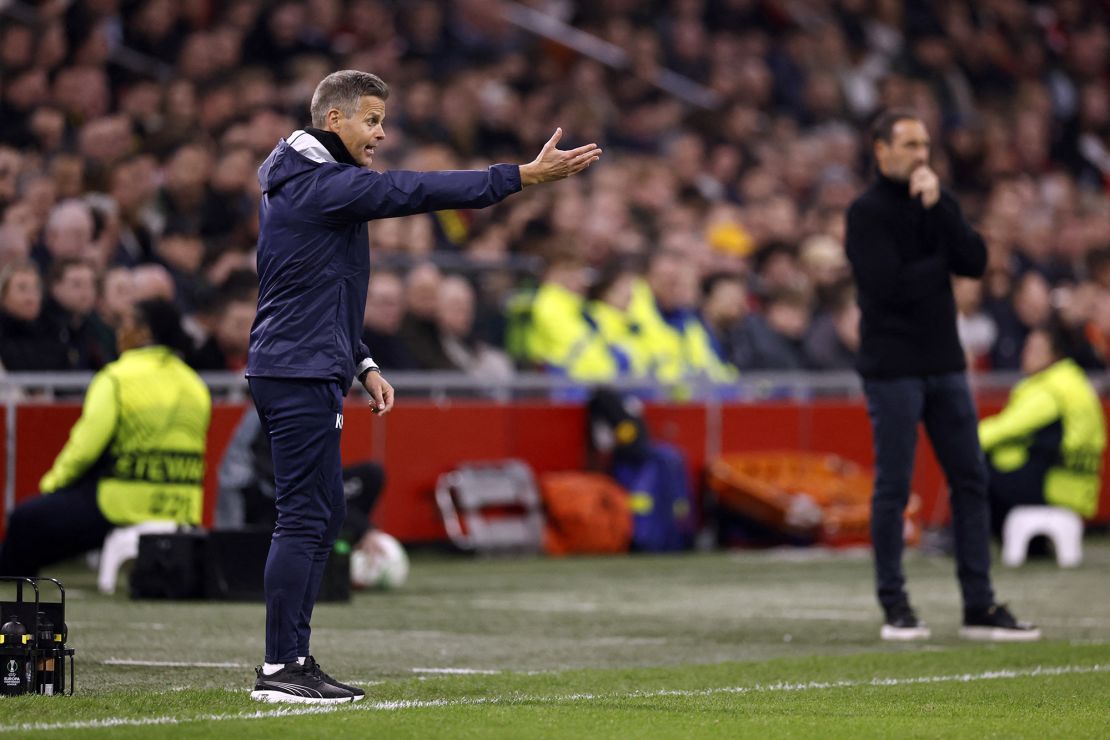
With 24 goals, Bodø/Glimt is the highest-scoring team in this season’s Europa League, securing its most recent victory against Greek side Olympiakos over two legs in the round-of-16 last month.
Win the tie against Lazio and Bodø/Glimt would be the first Norwegian team to reach the semifinals of a UEFA competition, while the wider goal is to qualify for the Champions League for the first time in the club’s history.
“We’ve come so close twice to reaching the Champions League, and that would really be a bit statement,” said Saltnes. “Financially, it’s a totally different league and also just for everyone in European football, it would really show that Glimt is here to play.
“It’s not like, in a couple of years, you will never hear about us again. I think reaching the Champions League would really be the next step for the club.”
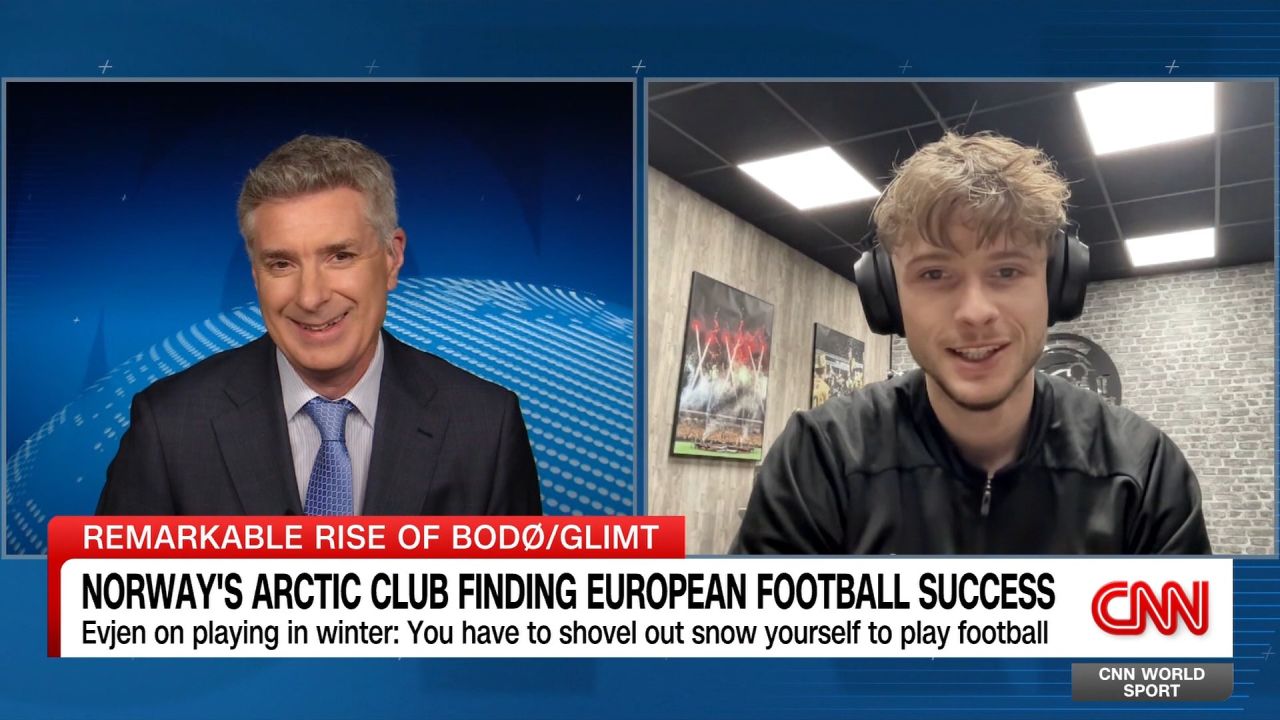
The remarkable rise of Bodø/Glimt

